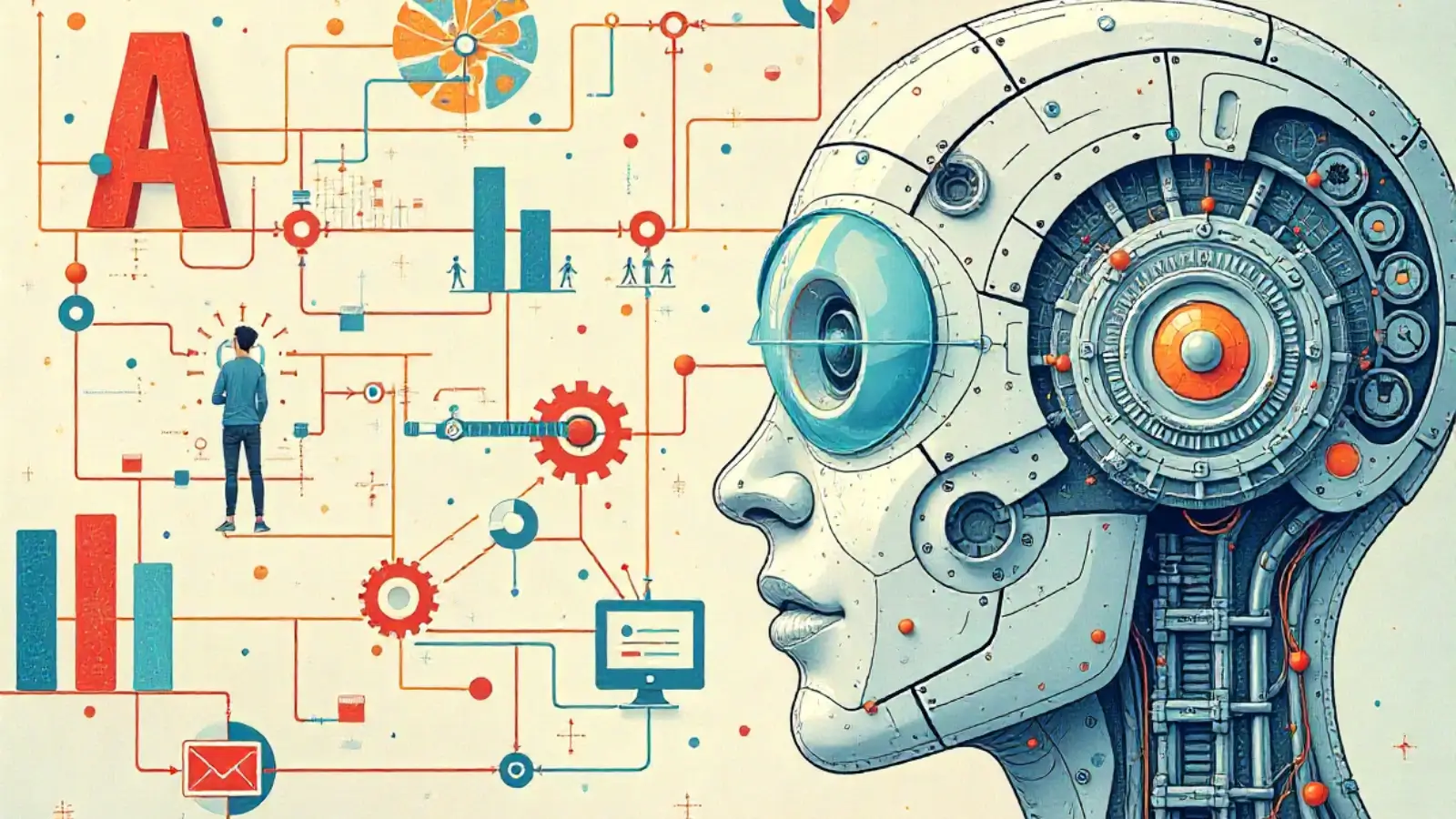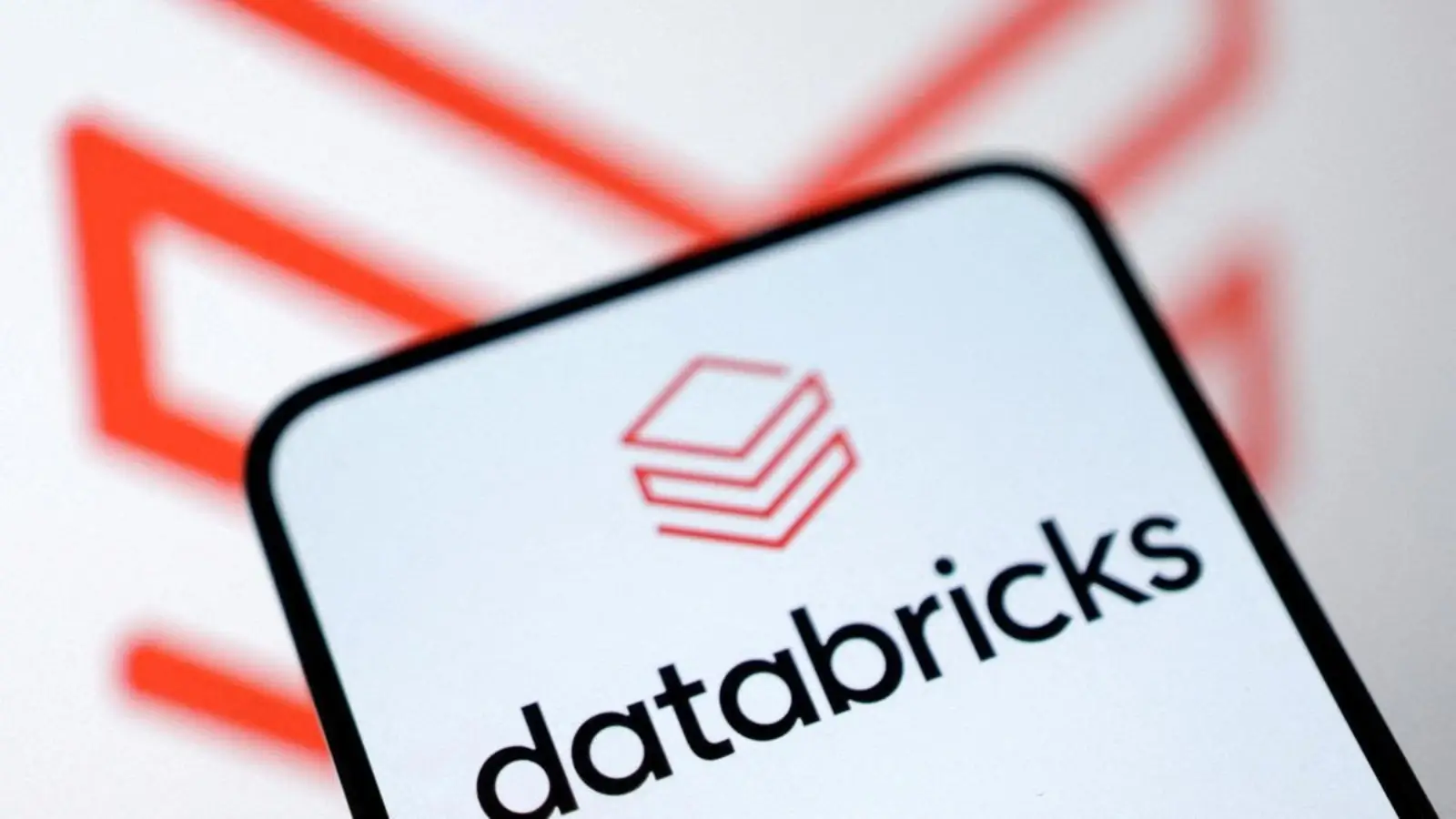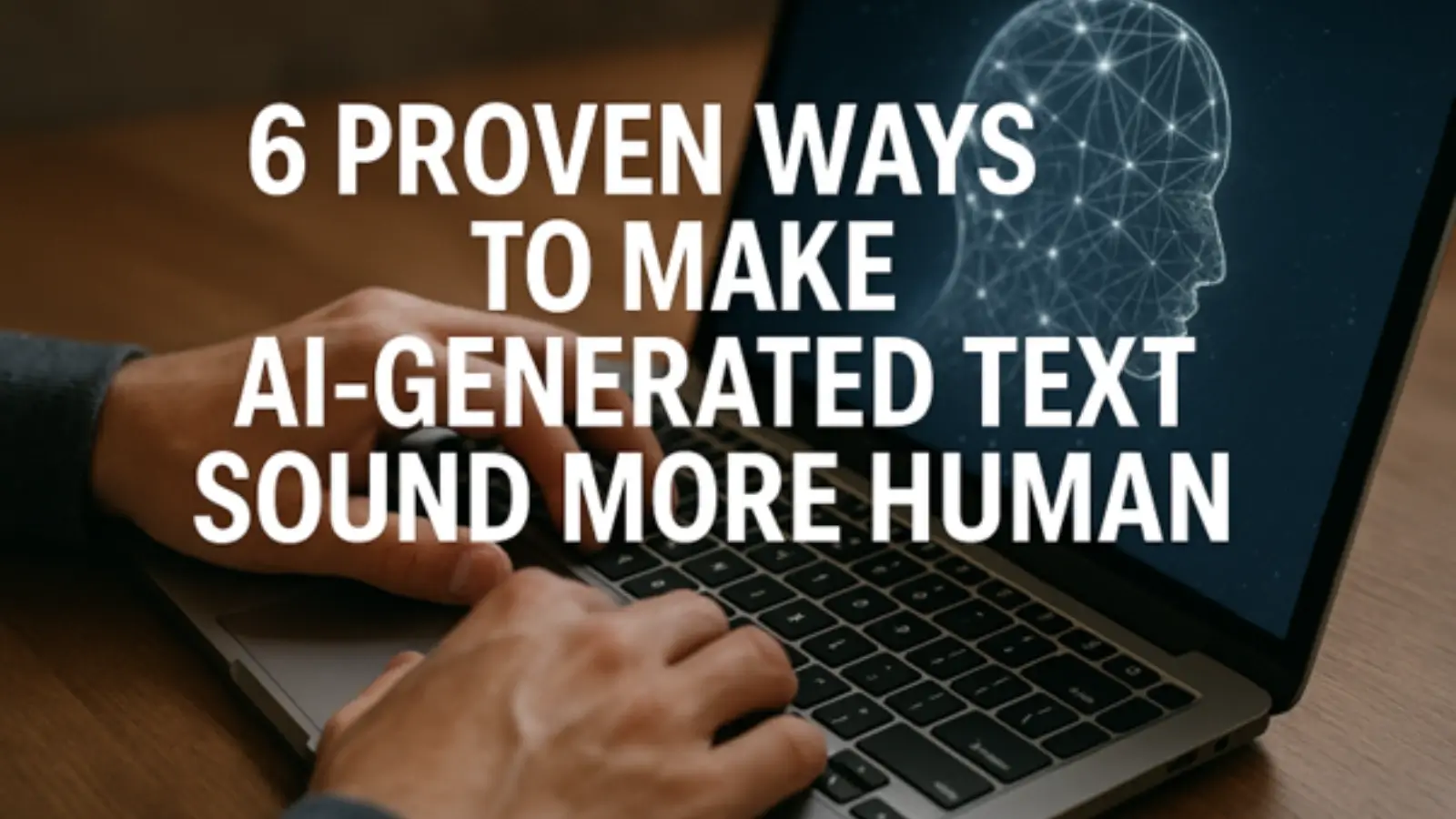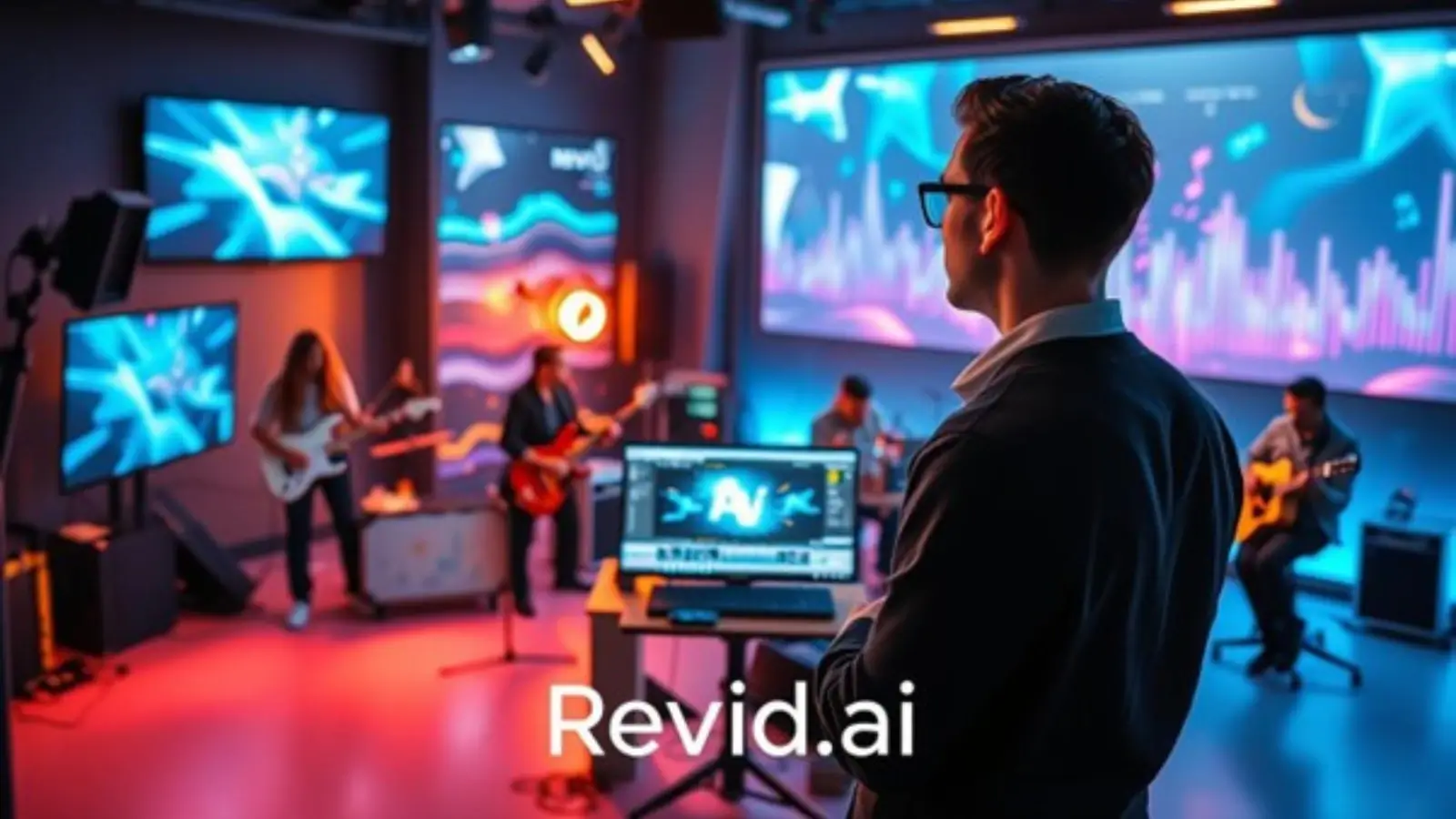Artificial intelligence (AI) is no longer a futuristic concept—it’s embedded in the way we shop, communicate, travel, learn, and engage with content on a daily basis. AI quietly works behind the scenes to offer personalized recommendations, automate repetitive tasks, and enhance decision-making. For the everyday consumer, this means faster services, smarter technology, and a better overall experience across industries. As AI tools become more accessible, their impact continues to scale, transforming how people interact with the world around them.
Smarter Shopping with Personalized Recommendations
AI has completely transformed the retail and e-commerce landscape. Today’s online shoppers experience product suggestions that seem eerily intuitive. That’s because machine learning algorithms analyze search behavior, past purchases, and even dwell time on product pages to tailor shopping experiences. These predictive models enhance both customer satisfaction and retailer profits.
Additionally, AI-powered chatbots offer round-the-clock support, answering questions, resolving issues, and guiding customers through their purchasing journey. This reduces the need for human intervention while improving speed and consistency. In physical retail spaces, AI is also being used for inventory management, checkout automation, and even in-store customer tracking to refine layouts and promotions.
AI in Smart Homes and Everyday Appliances
The idea of a smart home is no longer a novelty. AI now powers home assistants, thermostats, lights, security cameras, and kitchen appliances. These devices learn user behavior to optimize settings—like adjusting the room temperature before you arrive home or reminding you to buy groceries when supplies run low.
Voice-controlled assistants have become central hubs, responding to natural language commands, syncing with multiple devices, and even offering entertainment. Over time, these assistants learn routines, preferences, and habits, making them more efficient in supporting day-to-day living. From enhancing convenience to improving energy efficiency, AI is redefining the modern home.
AI’s Influence on Entertainment and Content Consumption
Entertainment consumption has been reimagined through AI-driven platforms. Music and video streaming services use deep learning to understand user preferences and suggest content that aligns with individual tastes. Whether it's auto-generating playlists or recommending the next show to binge-watch, these personalized interactions are all powered by AI.
Beyond recommendation engines, AI is also making content creation more accessible. From social media influencers to educators and marketers, users now have tools that assist in generating videos, graphics, and animations. For instance, an ai video generator app enables users to create professional-grade video content within minutes using pre-built templates, voiceovers, and customizable scenes. These apps reduce the need for advanced technical knowledge and speed up the production process significantly, making them invaluable for individuals and teams alike.
Productivity Tools and Visual Communication
AI is streamlining productivity in both personal and professional spheres. From automating emails and scheduling meetings to summarizing reports and generating documents, AI systems are saving users countless hours. In creative work, design automation tools help generate visuals, infographics, and presentations that are polished and ready to use.
A standout example in this space is invideo AI, which offers an intuitive ai presentation maker. The platform assists users in transforming raw content into well-designed, visually engaging presentations with minimal effort. Rather than spending time formatting slides or searching for relevant visuals, users can rely on intelligent design suggestions, brand consistency tools, and layout automation—all of which make the process faster and more effective.
Such tools are especially useful for professionals, students, and entrepreneurs who need to communicate ideas visually without dedicating hours to design work.
Enhancing Commuting and Navigation
AI is also revolutionizing the way people navigate their environments. Real-time traffic updates, optimized route planning, and ride-sharing algorithms all rely on AI to offer more efficient travel solutions. GPS apps use historical data, live traffic feeds, and predictive modeling to help users avoid congestion and arrive on time.
In the automotive industry, AI is at the core of safety and autonomy features. Driver-assistance systems—such as adaptive cruise control, lane-keeping assistance, and automatic emergency braking—use AI to interpret surroundings and make split-second decisions. These innovations not only improve safety but also enhance convenience for everyday drivers.
Personalized Financial Services
Banking and financial services have undergone a quiet AI revolution. Consumers now interact with intelligent systems that monitor spending, alert for suspicious activity, and offer personalized financial advice. Virtual financial assistants can help users budget more effectively, analyze transactions, and even suggest investment opportunities.
AI-powered fraud detection systems add an extra layer of protection by identifying unusual spending patterns and flagging potential threats. Meanwhile, customer service chatbots answer queries and help users complete transactions without needing to visit a branch or wait on hold. For consumers, this means faster, more secure, and more intuitive financial management.
Healthcare and Wellness Applications
AI’s influence in the healthcare industry is increasingly visible in consumer-focused applications. Wearables powered by AI monitor heart rates, sleep quality, and physical activity, providing users with real-time insights into their health. These devices can detect irregularities and prompt users to take action or consult a healthcare professional.
Telehealth platforms are leveraging AI for remote diagnostics, symptom analysis, and treatment recommendations. Natural language processing enables chatbots to assess symptoms and direct patients to appropriate care. This is particularly useful for people in remote areas or those seeking quick medical guidance without visiting a clinic.
AI is also assisting in chronic disease management, medication reminders, and mental health tracking, making it easier for individuals to stay on top of their health in a proactive and personalized way.
As AI technologies continue to advance, their integration into daily consumer life becomes more seamless and impactful. From smart homes and personalized shopping to content creation and healthcare, AI is reshaping the very fabric of how we live and interact with the world. By reducing friction, automating complexity, and offering intelligent insights, AI doesn’t just enhance convenience—it redefines expectations. Consumers may not always see the algorithms at work, but they increasingly rely on the benefits AI brings to their routines, productivity, and experiences.

















